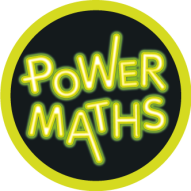Maths
At Chapel Street Primary School, we follow the DfE approved Power Maths scheme of work. In nursery, children are taught maths following the White Rose scheme which prepares the foundations and solid building blocks of mathematical knowledge to start their Power Maths journey in Reception. The White Rose scheme and Power Maths are in full alignment and support the teaching of mathematics at Chapel Street.
Click the Power Maths logo image above to redirect to the Power Maths website
Power Maths is an exciting new scheme built on the mastery approach. It incorporates White Rose Maths progressions and schemes of learning, and written specifically for UK curriculum schools and provides an enriched approach that combines interactive teaching tools, rich and quality textbooks and practice books. Most importantly, it is built on the belief that everyone can learn maths successfully.
How will the lessons work?
In a Power Maths lesson, it is all about problem solving, thinking and discussing. Each lesson has a progression, with a central flow that draws the main learning into focus. There are different elements, informed by research into best practice in maths teaching, that bring the lessons to life:
Discover – each lesson begins with a problem to solve, often a real-life example, sometimes a puzzle or a game. These are engaging and fun, and designed to get all children thinking.
Share – the class shares their ideas and compares different ways to solve the problem, explaining their reasoning with hands-on resources and drawings to make their ideas clear. Children are able to develop their understanding of the concept with input from the teacher.
Think together – the next part of the lesson is a journey through the concept, digging deeper and deeper so that each child builds on secure foundations while being challenged to apply their understanding in different ways and with increasing independence.
Practice – now children practice individually or in small groups, rehearsing and developing their skills to build fluency, understanding of the concept and confidence.
Reflect – finally, children are prompted to reflect on and record their learning from each session and show how they have grasped the concept explored in the lesson.
Within each lesson, 5 characters will help explore and support with the journey throughout your child’s mathematical journey in Chapel Street. These characters prompt, encourage and question the children. They spark curiosity, engage reasoning, secure understanding, and deepen learning for all. These characters are:

Subject Intent, Implementation and Impact
Year Group Overviews in Mathematics
Key Learning in Mathematics - Nursery
Key Learning in Mathematics - Reception
Key Learning in Mathematics - Year 1
Key Learning in Mathematics - Year 2
Key Learning in Mathematics - Year 3
Key Learning in Mathematics - Year 4




